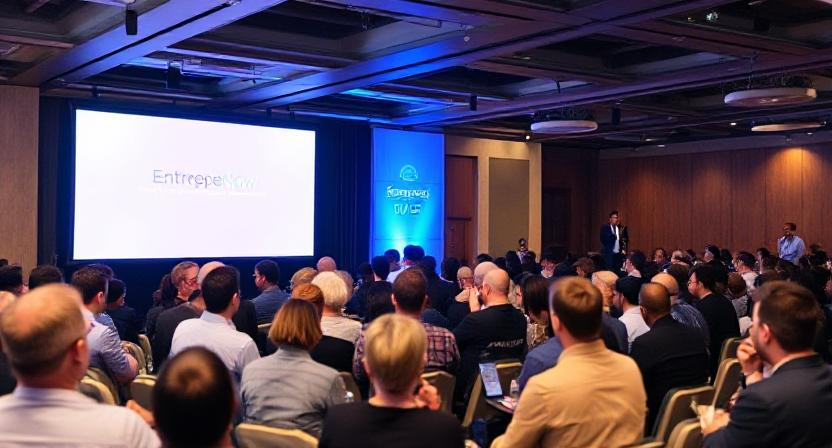Starting a business isn’t just about having a good idea or the right strategy—it’s also about having the right mindset. Many entrepreneurs underestimate the mental and emotional challenges that come with launching and running a business. Fear of failure, imposter syndrome, self-doubt, and perfectionism are just a few psychological hurdles that can paralyze progress.
A growth mindset is key to long-term success. Coined by psychologist Carol Dweck, a growth mindset is the belief that abilities and intelligence can be developed with effort, learning, and persistence. Entrepreneurs with this mindset see failures as learning opportunities rather than setbacks. Instead of thinking “I’m not good at this,” they think “I can get better with practice.”
Resilience is another critical trait. Every business owner will face obstacles, whether it’s a failed product launch, negative feedback, or financial difficulties. The ability to bounce back, adapt, and keep moving forward separates those who succeed from those who give up too soon.
Clarity of purpose also fuels motivation. Knowing why you’re building your business can anchor you when things get tough. Whether it’s financial freedom, creative expression, or solving a real-world problem, a strong “why” can push you through burnout or uncertainty.
Lastly, entrepreneurs must learn to manage their inner dialogue. Self-awareness and emotional regulation help avoid reactive decisions and build stronger relationships—with clients, team members, and investors.
Business success begins in the mind. Invest in your mindset as seriously as you invest in your product or marketing strategy, and you’ll be far better equipped to handle the ups and downs of entrepreneurship.


Leave a Reply